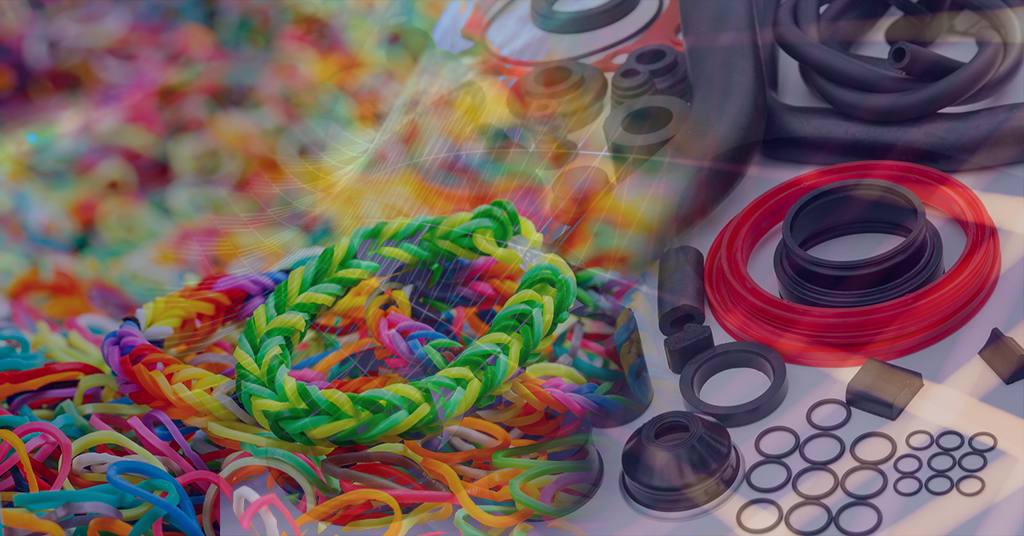Welcome To ChemAnalyst

Laem Chabang, Thailand: According to market sources, the use of rubber gloves has been prohibited in the United States. A protein called latex is produced from the sap of rubber plants that can be found in Southeast Asia or Africa and is used to make various items, including bandages, elastic, and medical gloves. People with latex allergy can have severe reactions; thus, to prevent accidental exposure, the use of rubber gloves is banned in several states of the USA, including California, Arizona, Hawaii, Connecticut, Rhode Island, Ohio, and Oregon.
Now Illinois has also joined the list. According to the Chicago Office for the Promotion of International Trade, the United States Illinois law forbids the use of latex gloves manufactured from natural rubber materials in the food service and healthcare sectors. The market participants have reported that the impact of the ban on rubber gloves is not significant as the Thailand export market is mainly driven by synthetic rubber products. Polyvinyl chloride (PVC), Nitrile, and polyurethane are alternatives to latex, and most of these goods are generally accessible to consumers.
Furthermore, the president of the Thailand Rubber Glove Manufacturers Association has stated that the demand for Natural Rubber products is at low levels, and price adjustments have been made for inventory management. On the other hand, manufacturing activities have been improving across the domestic market, and the Purchasing Manager Index rose to 54.5 in January from 52.5 last month. The operating rate of downstream industries was regular, and the terminal purchases were sufficient, stabilizing the market for Nitrile Butadiene Rubber.
According to ChemAnalyst, the prices for Nitrile Butadiene Rubber might demonstrate low fluctuations in the forthcoming week as the demand from Europe and USA still needs time to recover. In addition, the UK chemicals manufacturer Synthomer stated that it anticipates weak output levels for rubber products this year as the challenging economic climate remained persistent in the fourth quarter of 2022.
We use cookies to deliver the best possible experience on our website. To learn more, visit our Privacy Policy. By continuing to use this site or by closing this box, you consent to our use of cookies. More info.
